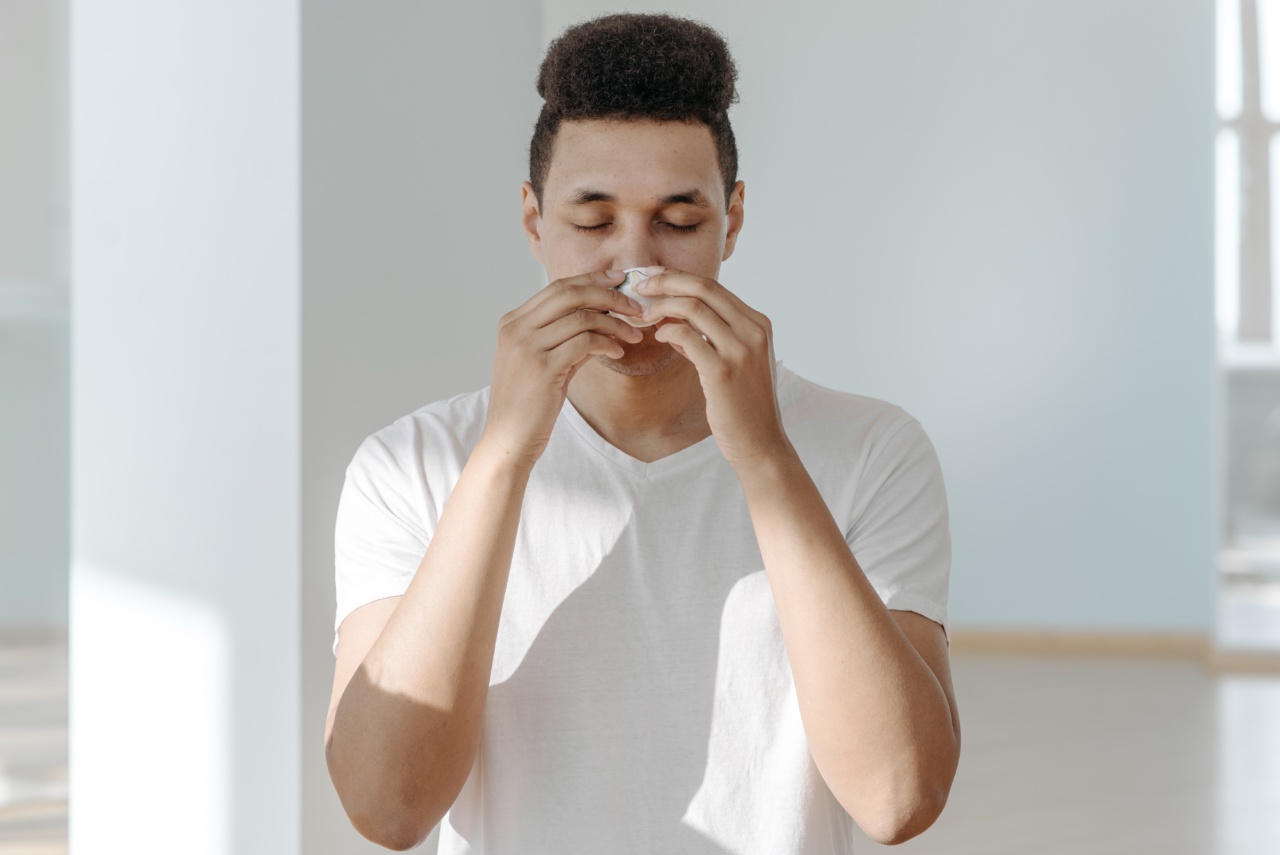Cinnamon is a popular spice used in many cuisines and desserts all over the world. However, for some people, it may cause an allergic reaction. In this article, we will explore why cinnamon allergy happens and what are its symptoms.
What is a cinnamon allergy?
A cinnamon allergy is a rare type of allergy that occurs when the body’s immune system reacts to a protein found in cinnamon. This reaction can cause a variety of symptoms ranging from mild to severe.
What causes cinnamon allergy?
The exact cause of cinnamon allergy is unknown, but it is believed to be caused by a protein called cinnamaldehyde. Cinnamaldehyde is found in high concentrations in cinnamon and is responsible for its unique flavor and aroma.
When the body’s immune system comes into contact with cinnamaldehyde, it may produce an allergic reaction.
This reaction occurs when the immune system mistakenly identifies cinnamaldehyde as a harmful substance and releases histamine and other chemicals to fight it off.
What are the symptoms of cinnamon allergy?
The symptoms of cinnamon allergy can range from mild to severe. They may appear immediately after consuming cinnamon or may take several hours to develop. The most common symptoms of cinnamon allergy include:.
- Hives or rash on the skin
- Swelling of the lips, tongue or throat
- Difficulty breathing or wheezing
- Nausea or vomiting
- Diarrhea or abdominal pain
- Headache or dizziness
In severe cases, cinnamon allergy can cause anaphylaxis, a life-threatening allergic reaction that requires immediate medical attention. Anaphylaxis can cause a sudden drop in blood pressure, rapid pulse, fainting, and even death.
Diagnosing cinnamon allergy
If you suspect that you may have a cinnamon allergy, it is important to see an allergist for a proper diagnosis. The allergist will perform a skin prick test or a blood test to determine whether you are allergic to cinnamon.
In some cases, the allergist may also conduct an oral food challenge.
Treating cinnamon allergy
The best way to treat cinnamon allergy is to avoid all products that contain cinnamon. This may include certain types of baked goods, candies, and even some toothpaste or mouthwash brands.
If you accidentally consume cinnamon and experience an allergic reaction, seek immediate medical attention. Your doctor may prescribe antihistamines or corticosteroids to relieve your symptoms.
Preventing cinnamon allergy
If you have a cinnamon allergy, there are several steps you can take to prevent an allergic reaction. These include:.
- Avoiding all products that contain cinnamon
- Reading food labels carefully to ensure that cinnamon is not an ingredient
- Informing your family, friends, and co-workers of your allergy
- Carrying an epinephrine auto-injector with you at all times
Conclusion
Cinnamon allergy is a rare but serious condition that can cause a variety of symptoms ranging from mild to severe. If you suspect that you may have a cinnamon allergy, see an allergist for a proper diagnosis.
Avoiding all products that contain cinnamon and carrying an epinephrine auto-injector with you at all times are the best ways to prevent an allergic reaction.































